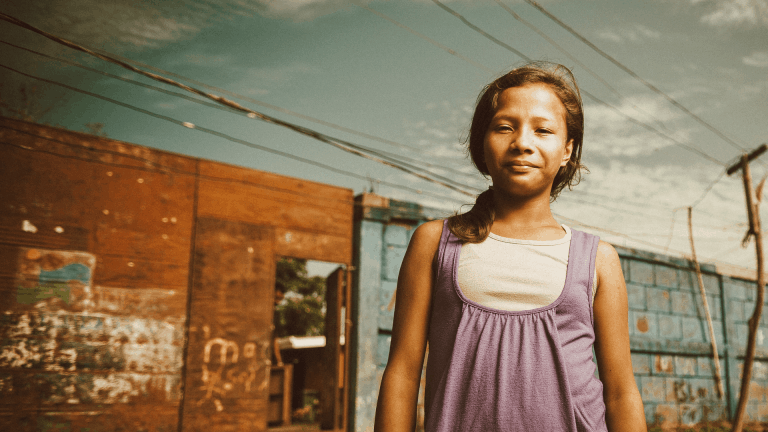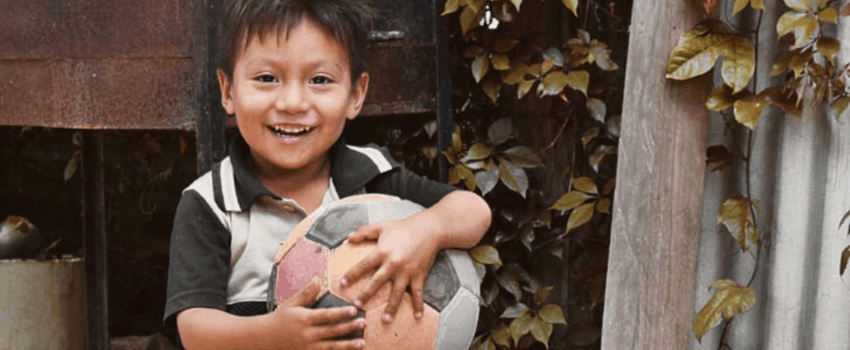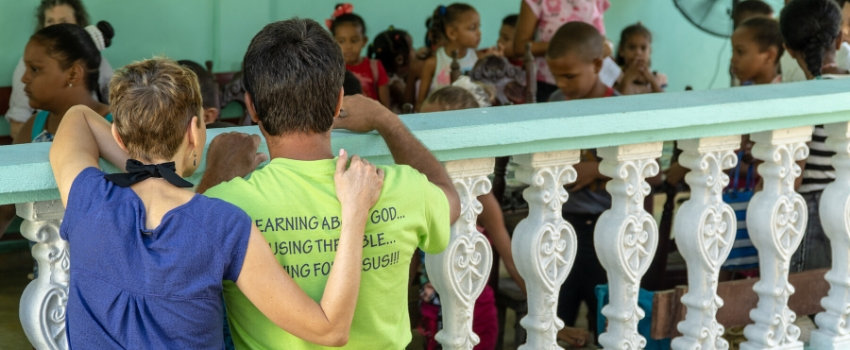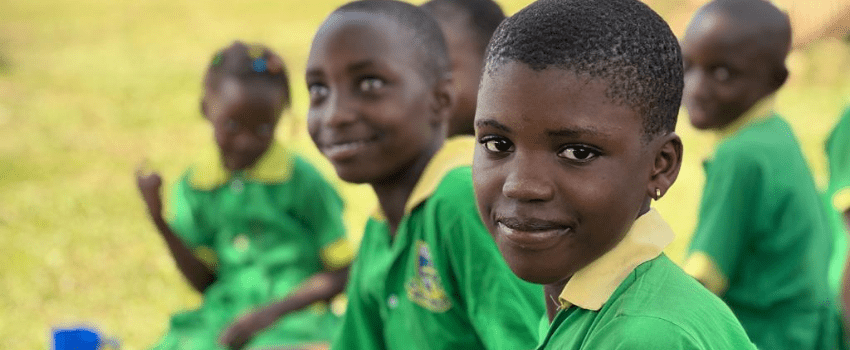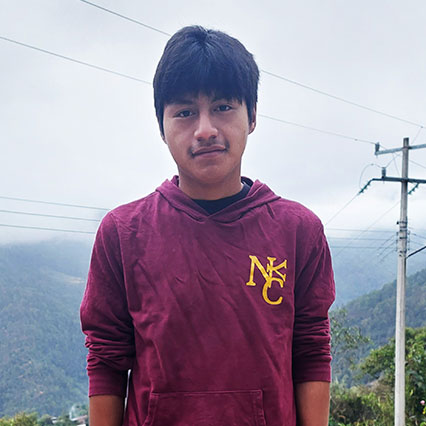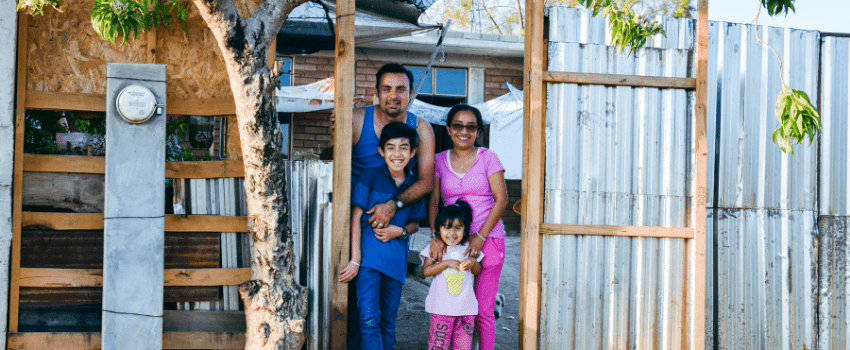
Overcoming Poverty One Family at a Time
In Zaachila, on the outskirts of Oaxaca City, Mexico, live many impoverished families who’ve traveled from distant areas in search of more opportunities and a better life…only to find themselves confronted with the same devastating and debilitating effects of poverty: hunger, joblessness, water-borne illness, lack of education, gang violence, drug

